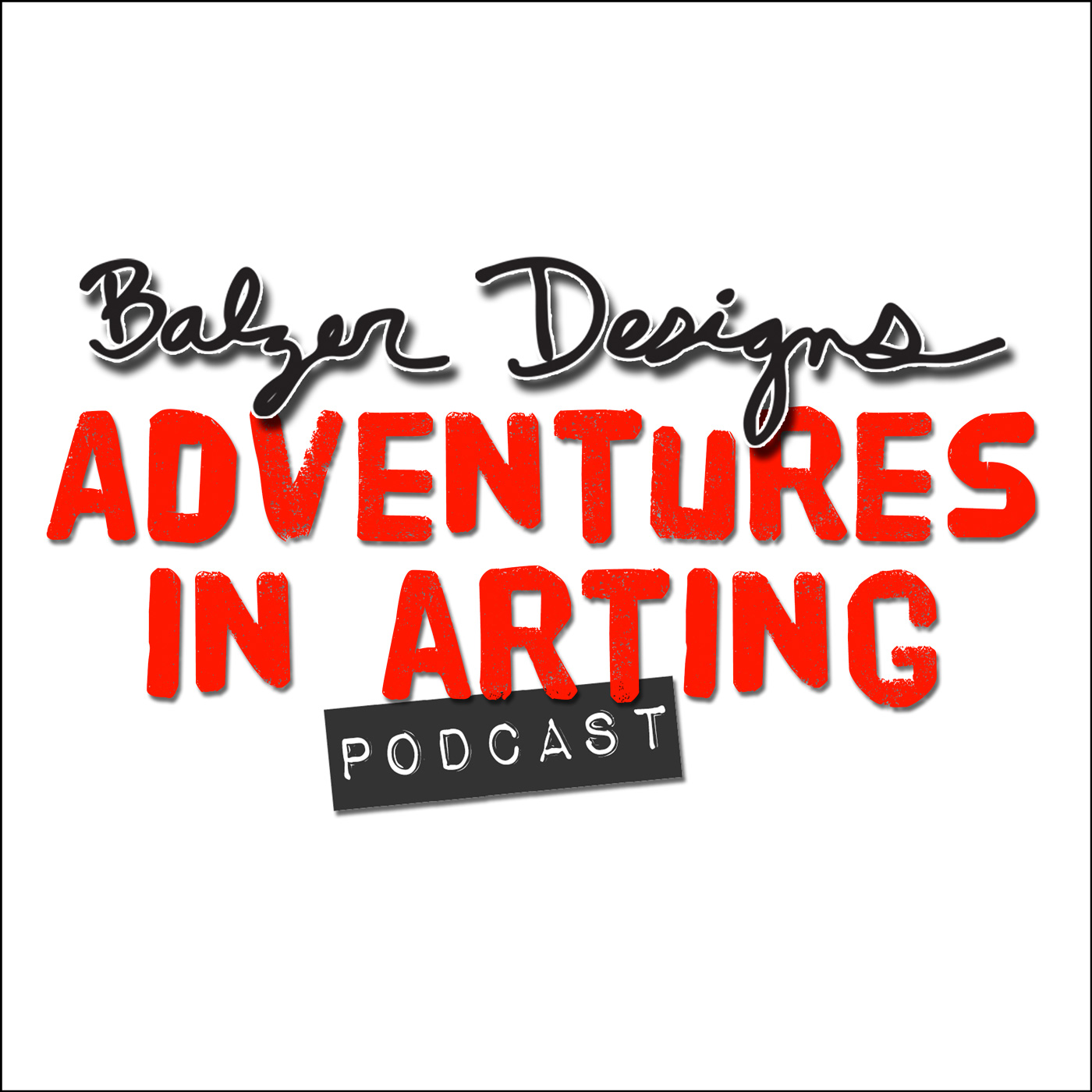137: Beginner Intermediate Advanced
Description
Defining the skill levels of artists, whether they are beginners, intermediate, or advanced, is somewhat subjective. But here are the divisions as I see them (it’s important to note that you can be an expert in one area and a beginner in another):
Technical Skills:
* Beginner: Limited Technical Skills* Intermediate: Solid Technical Skills* Advanced: High-Level Technical Proficiency
Composition:
* Beginner: Limited Composition Understanding* Intermediate: Improved Composition* Advanced: Advanced Composition Skills:
Style:
* Beginner: Exploring Phase* Intermediate: Developing Style* Advanced: Established Style
On the podcast we discuss some learning goals you might have based on your level:
* Beginner: For a beginning artist, the focus should be on building a foundation and exploring the fundamental aspects of art.* Experimentation with Materials: Explore how different materials interact with each other.* Explore the basics of color theory. Understand the color wheel, primary, secondary, and tertiary colors. Experiment with color combinations and how they evoke different emotions. Start with a limited color palette to avoid overwhelm. As you gain confidence, you can gradually expand and experiment with more colors.* Experiment with different shapes in your compositions. Consider both geometric and organic shapes and how they interact with each other.* Begin to understand basic composition principles such as balance, symmetry, and asymmetry. Explore how the placement of elements can create a sense of harmony or tension.* Embrace the notion that mistakes can lead to interesting outcomes. Be open to unexpected results and see them as opportunities for creative exploration.* Study the works of other artists. Observe their techniques, color choices, and compositions to gain inspiration and insights.* Reflect on your own work. Consider what you enjoy creating and what elements you find most interesting. Use this reflection to guide your future explorations.* Join art communities, either online or locally, to share your work, receive feedback, and connect with other artists. Remember that the beginning stage is about exploration and finding your artistic voice. Enjoy the process of discovery and don’t be afraid to take risks and try new things as you embark on your artistic journey.* Intermediate:* Explore and experiment with various composition techniques, such as balance, asymmetry, and focal points.* Develop a deeper understanding of color theory and experiment with creating harmonious color palettes.* Consider how the scale and proportion of elements in your artwork contribute to the overall visual impact.* Work towards developing a consistent style that reflects your unique voice as an artist.* Reflect on the meaning and intention behind your work, and consider developing an artist statement that articulates your approach.* Study art movements and artists throughout history to gain inspiration and insight into different approaches.* Advanced:* Continue experimenting with innovative techniques and processes. Develop your expertise in specialized techniques within chosen mediums, pushing the boundaries of traditional methods.* Develop a deeper understanding of the conceptual aspects of your work. Consider the underlying themes, narratives, or philosophical ideas you want to convey through your art.* Reflect on and articulate your artistic philosophy. What drives your creative process, and what messages or emotions do you aim to communicate through your abstract work?* Experiment with large-scale works and installations. Consider how the size and placement of your artwork in...
More Episodes
On this podcast (recorded over three weeks), I share my highs and lows, break throughs and frustrations with a drawing class I’m taking at the Danforth Art Museum in Framingham, MA.
Overall, this experience reminded me that the creative process often involves pushing beyond simple...
Published 08/08/24
Published 08/08/24
An Artwork Statement is a piece of writing that gives context to a specific artwork. It often explains the meaning, inspiration, techniques, and context behind a specific artwork or series. Your statement may address the materials used, the process, and the narrative or concept behind the...
Published 08/01/24


